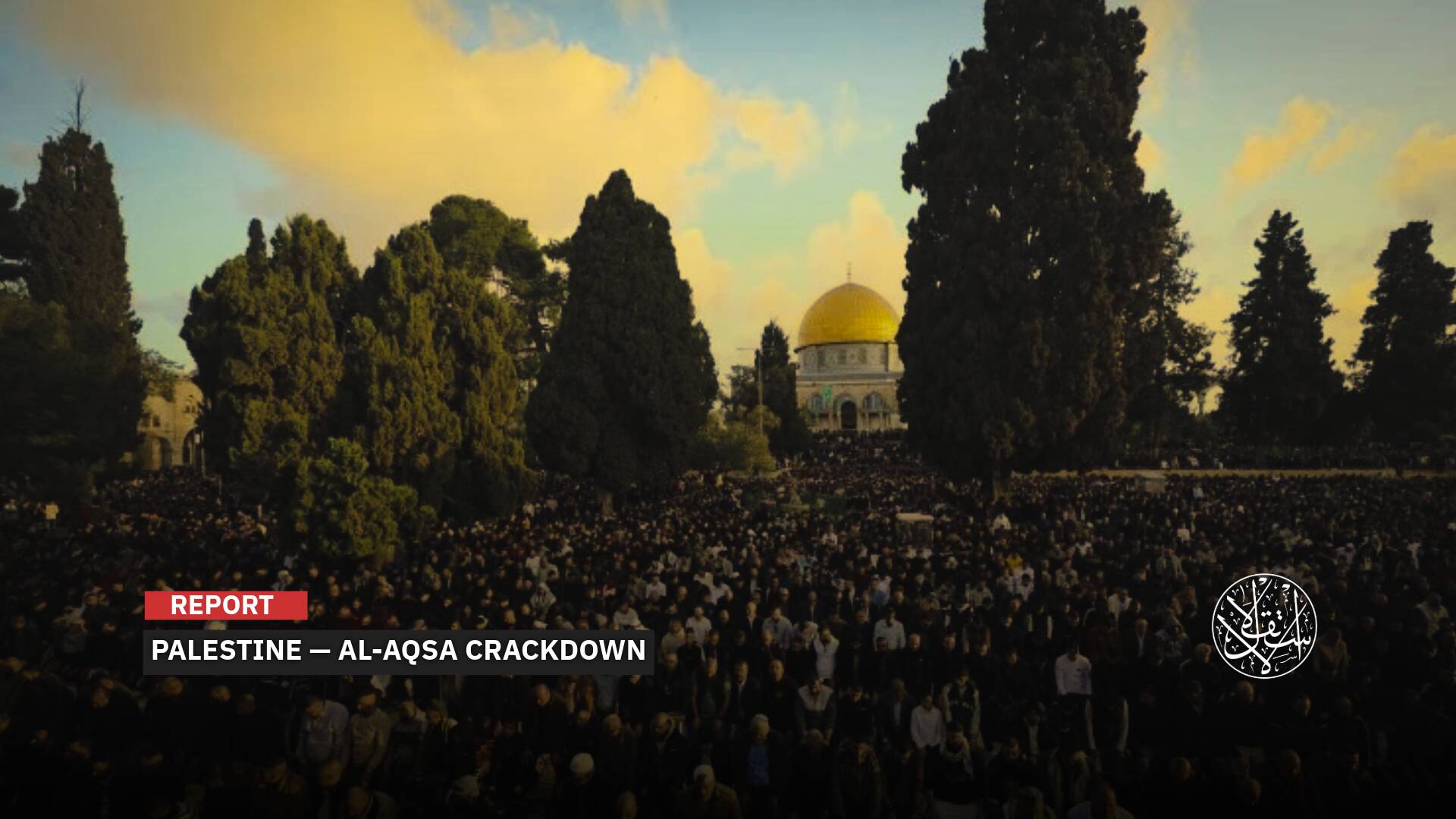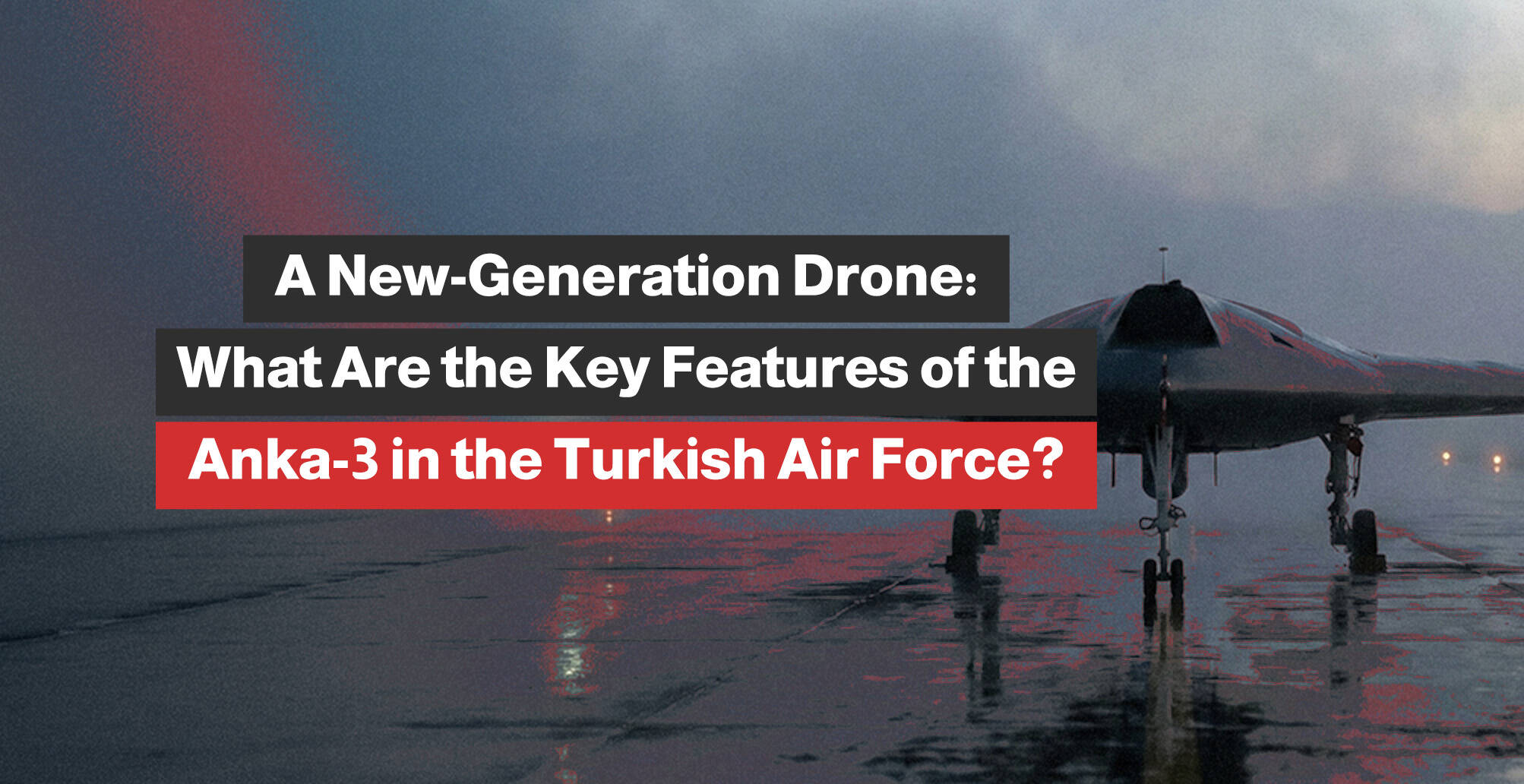After the Israeli Massacres in the West Bank, Is It Time For a New Clash?

The Palestinians are preparing to welcome the Muslim fasting month of Ramadan under the shadow of political and social difficulties and bloody Israeli massacres. The tense situation brings back to the Palestinian memory Saif al-Quds (Sword of Jerusalem or “Operation Guardian of the Walls”) battle with the Israeli Occupation in May 2021 in Gaza, Jerusalem (al-Quds), and the West Bank.
On February 22, 2023, the Israeli Occupation forces committed a massacre in Nablus city, the third in the West Bank since the start of the new year, after the Jenin and Kafr ‘Aqab massacre in Jericho (Ariha).
11 Palestinians were killed, and more than 100 others were injured after being targeted by the Israeli forces.
The death toll in the West Bank and Jerusalem has risen to 68 barely nine weeks into 2023.
Observers believe that the recent events in the Palestinian territories may lead to the Saif al-Quds scenario with a second edition this Ramadan.
‘Patience Is Running Out’
Immediately after the massacre, the military spokesman for the Izz al-Din al-Qassam Brigades (IQB), Abu Obaida, said on Telegram that “the resistance in Gaza is completely aware of the enemy’s escalating crimes against our people in the occupied West Bank, and its patience is running out.”
Secretary General of the Islamic Jihad Movement, Ziyad al-Nakhalah, said in a statement that it is the duty of the resistance to respond “without hesitation” to the “major crime” committed by “Israel.”

In an initial response after the Nablus massacre, on February 23, 2023, the Palestinian resistance launched a number of rockets on the settlements around the Gaza Strip and Ashkelon city. It also targeted the Sofa military site east of Rafah, in the southern Strip, with a number of mortar shells.
The Israeli army issued a brief statement saying: “Following up on reports of activating the alarms, 8 rockets were launched from the Gaza Strip. The dome intercepted 7, and one landed in an open area.”
After the resistance responded, the Israeli Occupation warplanes launched raids on targets and sites in the Gaza Strip, where explosions were heard in the south of Gaza City.
Since the beginning of January 2023, the resistance has launched nearly 40 rockets and mortar shells from the Gaza Strip at an unusual pace for some time, according to what was reported by the official Israeli radio, Kan.
The resistance’s threats and bombardment remind us of the connection between the West Bank, Jerusalem, and Gaza, which was the result of the Saif al-Quds battle in 2021.
Maariv Hebrew newspaper said on February 25, 2023: “The escalation between the resistance in Gaza and the Israeli army began after rockets were fired from the Gaza Strip towards the Israeli settlements.”
The military analyst for Maariv newspaper, Tal Lev-Ram, said: “The exchange of blows between the Gaza resistance and the Israeli army indicates that the option of escalation in the Gaza Strip is clear.”
He stressed that “it will be very difficult to stop the escalation in case it erupts,” noting that “the army believes that Hamas is not interested in war, but the numbers of rocket fire indicate a major change in the latter’s policy.”
In turn, Avi Sakharov, a commentator on Palestinian affairs in the Yedioth Ahronoth newspaper, said: “Hamas currently possesses a similar amount of missiles that it possessed in [Saif al-Quds battle] and [the commander-in-chief of the IQB] Mohammed al-Deif, continues to work on building the organization’s military strength.”
He pointed out that “Deif and the senior leaders of his military wing have, in recent months, been involved in the massive development of suicide drones that could cause damage to the Israeli side.”
He continued: “It is difficult to determine how long Hamas will prefer to keep Gaza out of the game. It may be a strategic decision, but it is not impossible to keep it, especially in light of the large number of Palestinian victims who fall in Israeli operations.”
It seems that all indicators predict an outbreak of a new clash in light of the continuous Israeli crimes, whether with regard to what is happening in the West Bank or the Israeli violations of al-Aqsa Mosque, in addition to the escalating violations in the Israeli Occupation prisons against nearly 5,000 male and female prisoners.
Saif al-Quds 2 Battle
“The Israeli Occupation and the Palestinian resistance are heading towards a big clash for the main reason, which is that the Israeli government is igniting the situation in Jerusalem, the West Bank, and the occupied interior,” said Waleed al-Modallal, head of the Department of Politics and Media at the Islamic University of Gaza.
Al-Modallal explained to Al-Estiklal that “the situation in 2023 is more difficult and tense than it was before May 2021, in which the matter was related to the displacement of homes in the Sheikh Jarrah neighborhood in Jerusalem, with some manifestations of the attack on al-Aqsa Mosque, but now we are dealing with the most extreme and criminal government in the history of the Israeli Occupation.”
He pointed out that “Israel is committing massacres, destroying homes, expanding settlements, Judaizing al-Aqsa Mosque, and taking unprecedented measures towards the prisoners, and thus it is leading the situation to a major inevitable clash.”
Al-Modallal added: “Israel’s policies leave no choice for the Palestinian people, with all its factions, except to respond to their crimes, and the situation will remain as long as this government continues its crimes, and this predicts years of clashes.”

He pointed out that “the internal conditions in Israel are completely different from the conditions during previous wars, as the Israeli Occupation suffers unprecedented division and polarization, and therefore it will be more exposed and weaker, and a military operation on Gaza will not have popular legitimacy.”
Al-Modallal explained that “one of the causes of this division is Netanyahu’s endeavor to bring about judicial reforms to escape trial over corruption cases, which led to the largest demonstrations in the history of the Israeli Occupation.”
He continued: “There are also 100 officers in the special operations apparatus in the army who announced that they will be demobilized if the reforms are passed, and for the first time the Mossad members are allowed to join the protests, which is an indication of the severity of the internal rift and Israel’s lack of readiness internally for a major confrontation.”
The Strip Has Changed
Kan channel revealed on February 22, 2023, that “the Israeli police fear it will fail to confront the Palestinians inside the country in a future war with Gaza.
“The occupation fears the disruption of vital installations in any war with Gaza, which happened during the last war over a range of 80 kilometers from the Strip, as well as the energy infrastructure, especially with the expectations of the Israeli Occupation to increase the range and accuracy of the resistance’s missiles.”
The situation in the West Bank indicates that it will be a main arena in case of a comprehensive Palestinian confrontation, according to estimates.
Resistance acts in the West Bank escalate on a daily basis, and 42 acts of resistance were recorded on February 25, 2023, which resulted in casualties among Israelis.
According to the Palestinian Information Center Mo3ta (Mo’ta), 16 shootings were recorded, 6 explosive devices were detonated, 3 Molotov cocktails were thrown, two military points were burned, in addition to a confrontation with settlers, and the outbreak of 14 confrontation points.
In Jerusalem, two explosive devices were thrown at the Qalandia checkpoint, clashes broke out, and stones were thrown.
Since 2023, 10 Israelis have been killed and about 100 injured as a result of the resistance operations in the West Bank and Jerusalem.

Yossi Yehoshua, a military correspondent for Yedioth Ahronoth newspaper, said that the Israeli forces’ storming of Palestinian cities is still turning into large-scale confrontations, noting that there was a lot of fire during the Nablus massacre by Palestinian militants.
Yehoshua believes, in an article he published on February 23, that “the operation in Nablus, and before that in Jenin camp, indicates a change in the method of Israeli operations, especially since those who are targeted do not raise their hands and are placed in military vehicles, but rather attempts to arrest them turn into large battles.”
Fully Ready
Israel Hayom newspaper said: “The Israeli security establishment is still preparing for the possibility of further escalation during the coming period, especially in the month of Ramadan, and therefore it has begun to take proactive measures to prevent the resistance fighters from implementing their plans.”
According to the newspaper, “there is a fear that one attack may lead to other conventional attacks, so there is a state of great readiness to deal with any attempts to carry out attacks.”
Researcher in Palestinian affairs, Zakaria al-Salalah, said: “The situation on the ground is likely to explode more than at any other time.”
Al-Salalah pointed out to Al-Estiklal that “one of the most important gains of the Battle of Saif al-Quds in 2021, and the Battle of Unity of Squares in 2022, is the interconnection of all areas of Palestinian presence, so Gaza has become responding to the Israeli crimes in Jerusalem and the West Bank, and the Palestinians inside are carrying out operations in revenge for their people in the Strip.”
The writer stressed that “the sequence of events is similar to what it was like before the Saif al-Quds battle when the firing of rockets on the cover of Gaza and the maneuvers of the resistance and Israeli Occupation, as well as the activity of reconnaissance aircraft and the flaming situation in Jerusalem.”
He continued: “The situation in the West Bank is different from its situation two years ago, as it now possesses different and active armed formations, which will cast a shadow on the ground in the event that a new battle erupts soon.”
Al-Salalah explained that “the Israeli Occupation is intensifying its operations against these groups in the West Bank, trying to exhaust them and cut any future war, as it fears that their armed activity will turn from confronting the incursions to attacking the settlements that are crowded in the West Bank.”
He stressed that “after the two Jerusalem operations, the Israeli Occupation army entered 70% of its soldiers in the West Bank and Jerusalem, to try to prevent new operations.” He asked: “But when a new war takes place, what will the Israeli army do, as it will need to pump a large number of its soldiers into the Gaza Strip and southern Lebanon and strengthen all borders?”
The researcher pointed out that “the Israeli Occupation army will not be able to secure its settlements in the West Bank, attack Gaza, and strengthen its presence in the Arab towns in the occupied interior, as well as guarding the northern borders and the Golan Heights, so it seeks to reach a settlement with the authority to replace it in the West Bank.”
Sources
- After the Nablus massacre: The Israeli Occupation intercepts rockets from Gaza and sirens sound in the settlements bordering the Strip [Arabic]
- 10 deaths and 61 injuries in the ranks of the occupation since 2023 [Arabic]
- A report – daily data – of resistance actions in the West Bank on 02/23/2023 [Arabic]










